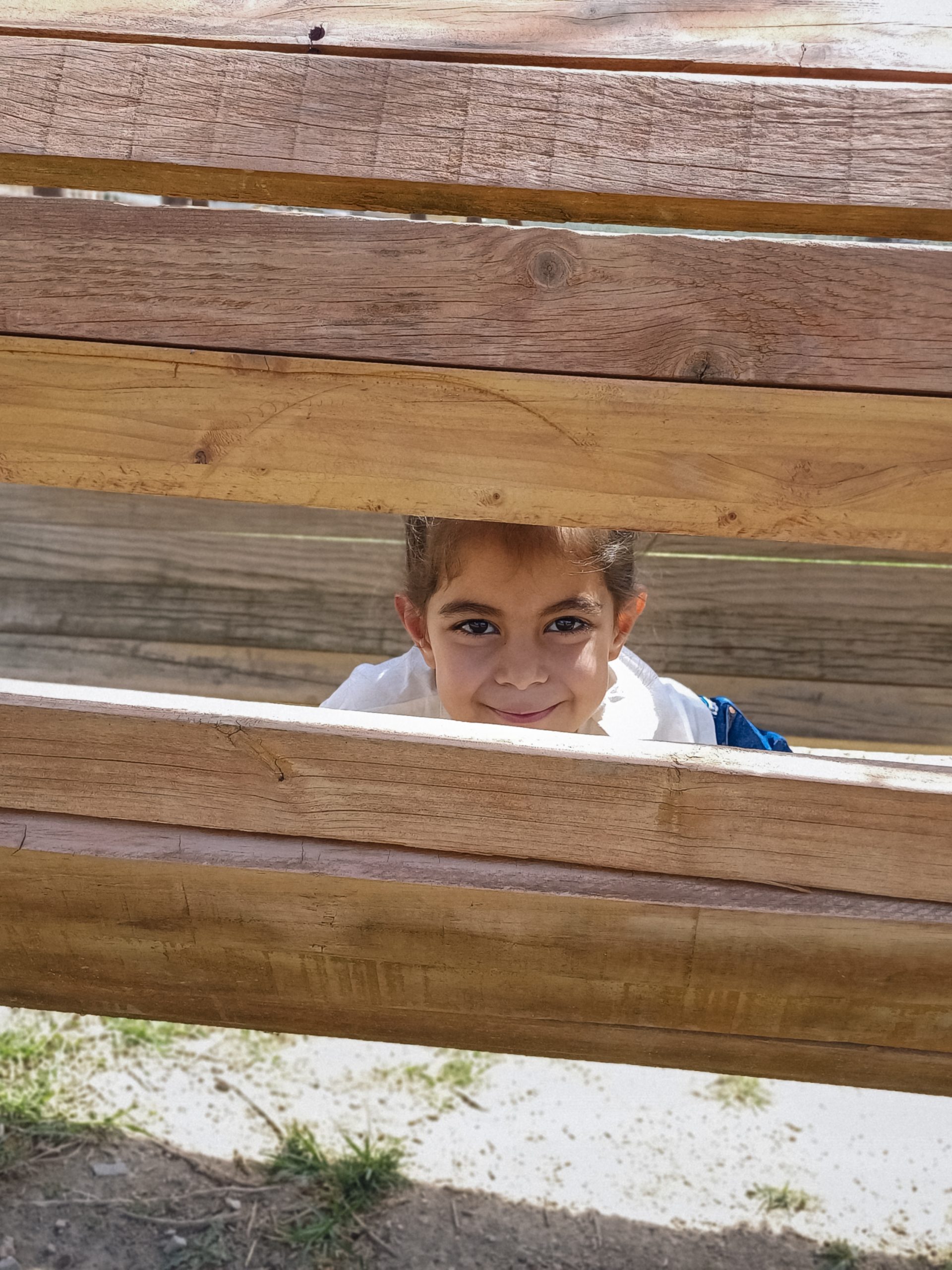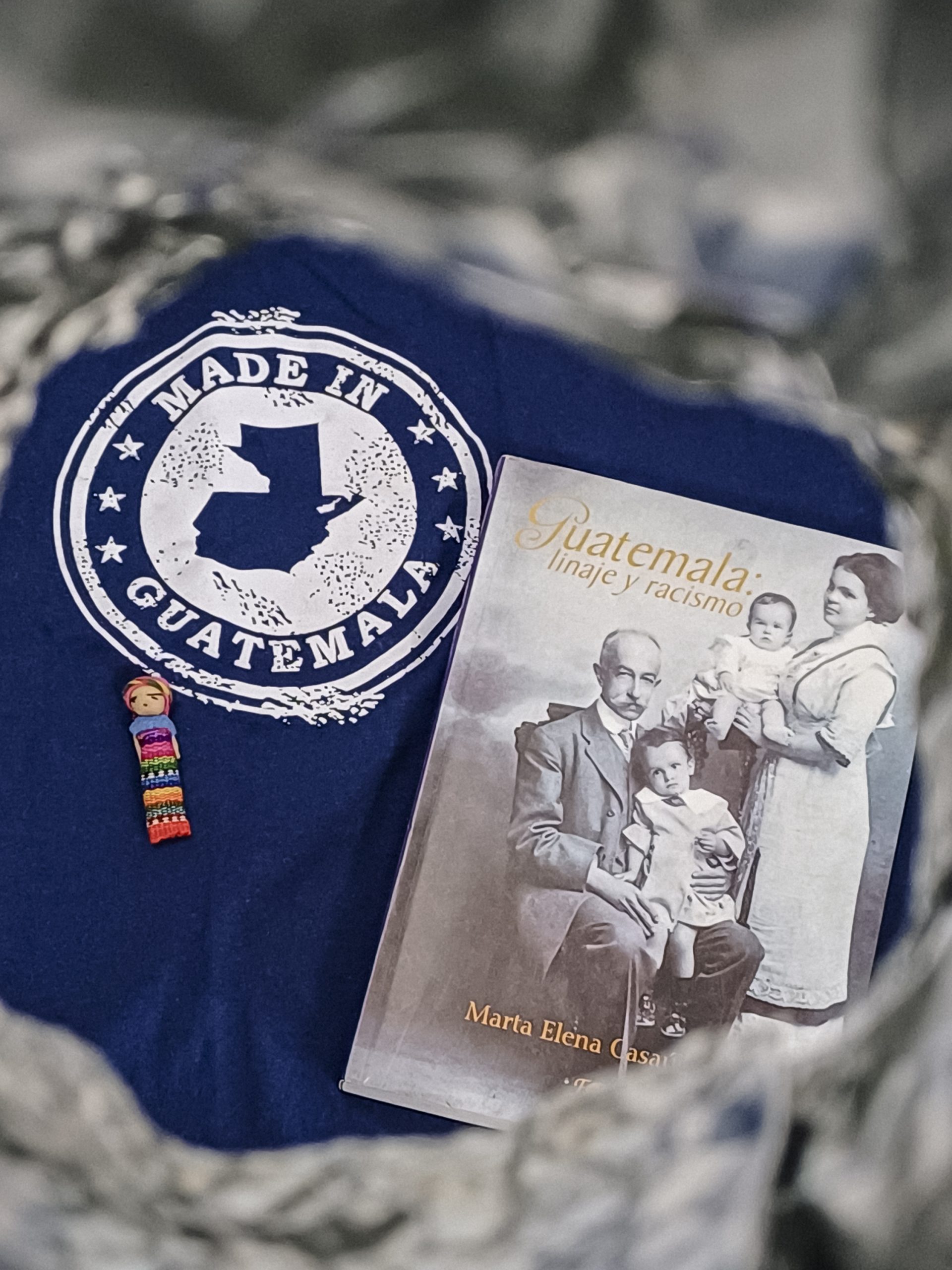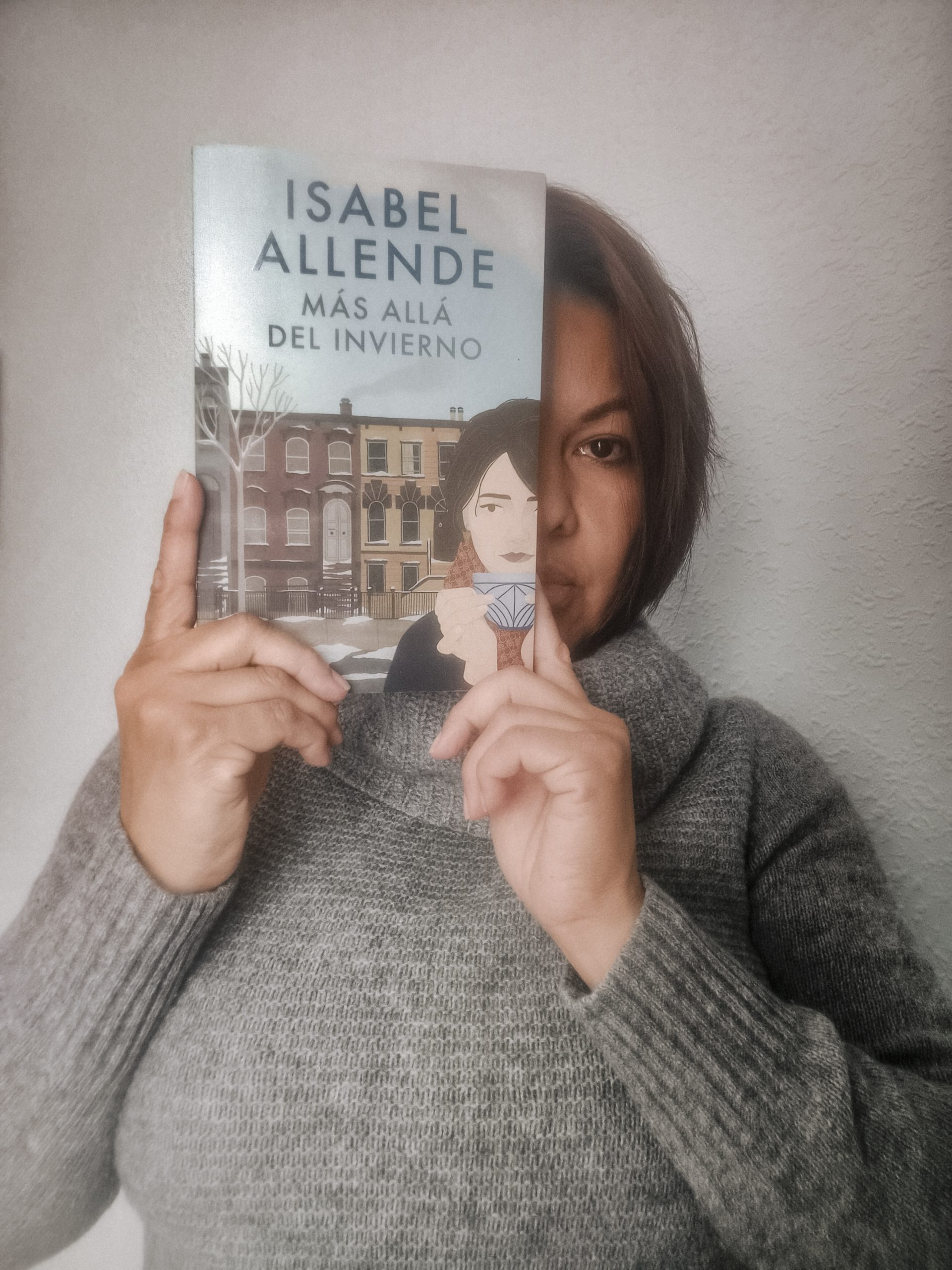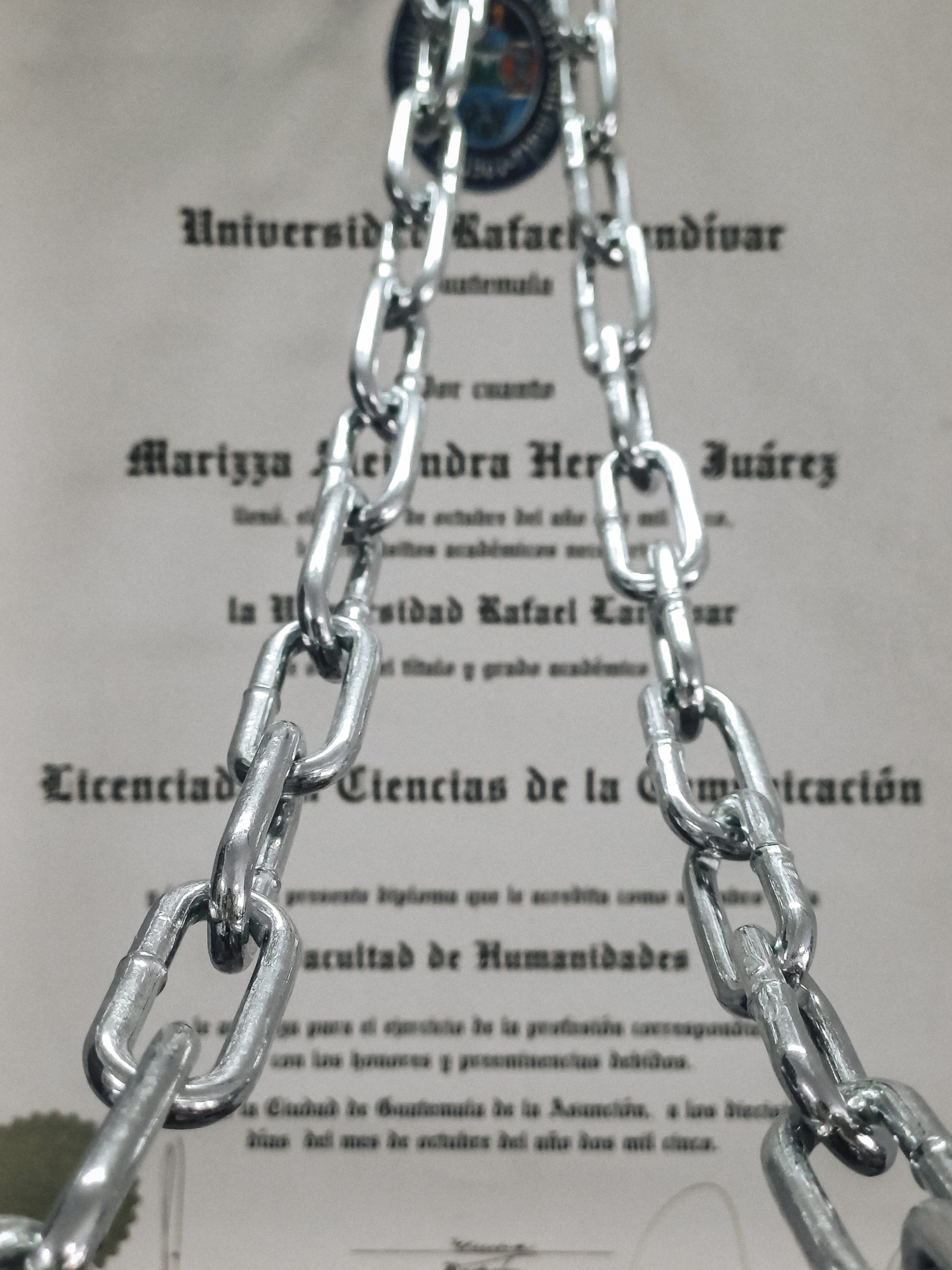
Challenging invisibility: Recognising migrant women's academic achievements as a beacon of hope
Text and photos by Marizza Herrera
Decision-making: crossing oceans in search of a better life
It was 4 December 2021, a day that will remain etched in my memory forever. With my suitcase full of both hopes and fears, I set off for Europe. At the time, Valentina was just 3 years old and Martín, my eldest son, 7. Although my husband is from Madrid, the idea of migrating to Europe had been postponed several times, until a global pandemic brought us face to face with a harsh reality we were unaware of.

In the suitcase were all the dreams and experiences being left behind.
Before I left, I knew clearly what it meant to migrate as a woman, but I never imagined the tough internal battles I would face, the most difficult being those against myself. The first few months passed without major setbacks, but I soon found myself facing a disconcerting and challenging reality. The culture shock became palpable; the feeling of being constantly observed and evaluated took, and the certainty of not fitting in anywhere plunged me into a deep melancholy.
The longing for my family, my lifelong friends and the familiarity of the streets of my homeland became more intense as time went by. As I tried to enter the job market, sending out my CV again and again with no response, I realised that the journey was much more difficult than I had imagined. Despite having all my papers in order, my efforts seemed to be in vain.


Systematic barriers
The homogenisation of my university degree, a process that stretched over many months of administrative silence, added to the emotional roller-coaster. Although I finally obtained recognition of my academic background, I found that this made no difference to my job search. Silence continues to be the most common response to my efforts to get a job commensurate with my experience and qualifications.
In the midst of my desperation, a job opportunity arose in the cleaning sector, with a salary far below my expectations and skills. However, it was not an option I could afford to turn down. This path is commonly taken by migrant women in Spain, regardless of their education or professional experience.


Rebuilding a broken life
Throughout my journey, I encountered ill-intentioned people who tried to undermine my confidence and dismiss my abilities. But I also found those who gave me unconditional support and job opportunities, reminding me that I am much more than what the system tries to make me believe.
In this journey full of obstacles and challenges, I have also reconnected with family and met wonderful people who have become my chosen family. Despite moments of loneliness and discouragement, I always find comfort in the company and support of those who are by my side.
All we ask is that the system does not systematically make our experiences invisible.
According to the European Commission’s recommendation 2023/2611 on the recognition of qualifications of third-country nationals, the competent authorities should issue a decision within a period not exceeding two months. Some press publications venture to indicate that the Spain´s Ministry of Universities has almost 80,000 files pending resolution. What is more, according to the European Commission’s “Education and Training Monitor 2023” report, people born outside Spain are more likely to be overqualified than those born in the country, with a difference of 50.4% compared to 34.2%. It is time to demand full recognition of the qualified workforce without discrimination on grounds of origin!
In this context, I wish to reflect on the transformational power of the European elections. The ability to change the lives of many migrant women, by recognizing and valuing our contributions to society, lies in the hands of leaders and legislators. It is imperative that the system stops systematically ignoring our experiences and qualifications. We are key players in building an inclusive and welcoming community, and it is essential that we are treated with dignity and fairness in this process of living together.
In Spain, European elections will be held on Sunday 9 June 2024 to elect 61 MEPs to the European Parliament. The election campaign will begin on 24 May and end on 7 June. In these elections, one critical issue that needs addressing is the unblocking of procedures for recognizing foreign studies, where Spain takes up to two years on average to certify them.
We want to smile, we want a dignified life and we want our experiences to stop being made invisible!

